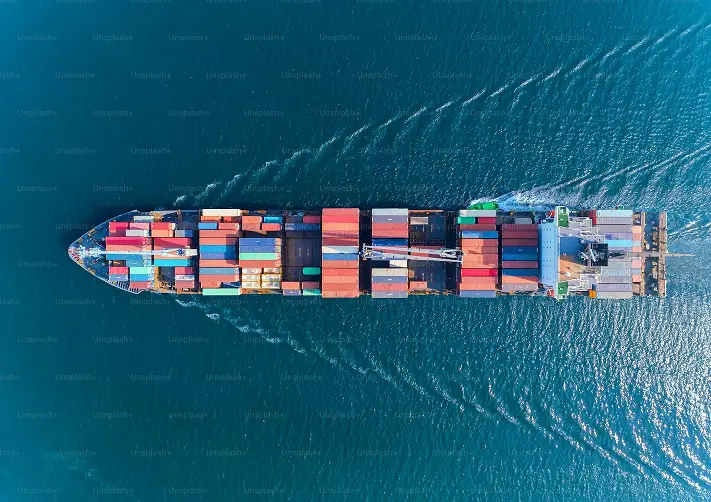IMF managing director Kristalina Georgieva told the Washington Post this week that while the Houthi rebel attacks on ships in the Red Sea have increased insurance and shipping costs, they haven’t yet had an impact on the prospects for global economic development.
She said, “It adds pressure on prices, but not yet to the point that our projections for inflation globally will be corrected upwards,” adding that “for now, this has implications, but not of the magnitude that would significantly derail growth projections for the world economy.”
She pointed out that compared to January of the previous year, traffic through the Suez Canal—a vital marine commerce route that connects the Mediterranean Sea to the Red Sea—had decreased by over half in January 2024. But according to Georgieva, Egypt, which depends on the revenue from the waterway traffic and is currently losing about $100 million a month, is the country most severely affected by this more “localized” decline in traffic.
Nevertheless, Georgieva issued a warning, calling the chances for long-term global economic development “bleak” due to “surprises” like the Red Sea shipping crisis.
The global economy is expected to increase by 3.1% this year, according to the IMF’s recently revised economic predictions. However, Georgieva notes that this figure is still “weak by historical standards” when compared to the average growth of 3.8% in the ten years before to the Covid-19 pandemic.
She cautioned, saying fiscal authorities everywhere should create “buffers” to resist crises. “It is a signal that we are in a more shock-prone world – surprises of this type… mean we have to be in better position to face these repetitive shocks,” the official said.
She mentioned stronger income collection techniques, wiser spending practices, and putting productivity and future growth investments first as examples of these buffers.
Since the start of the Israel-Hamas conflict in October, the Houthi rebels, who are based in Yemen, have attacked ships navigating the Red Sea with dozens of drone and missile attacks. As a result, a lot of significant shipping firms have switched to routing their ships around the southern African Cape of Good Hope instead of using the Suez Canal. According to reports, the average cost of a container has more than quadrupled globally over the past month, and the cost of a fuel tanker has increased to its highest point in four years for some destinations.

